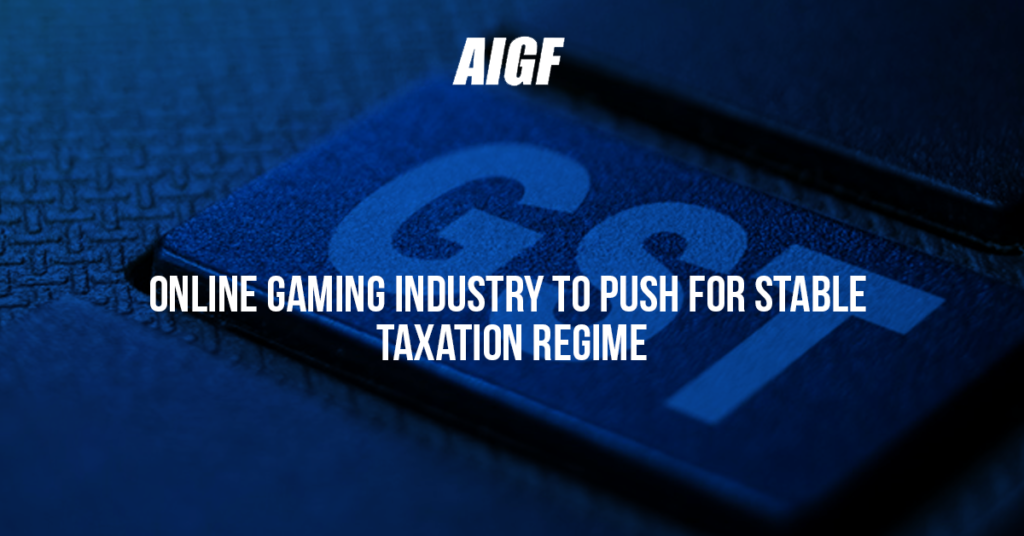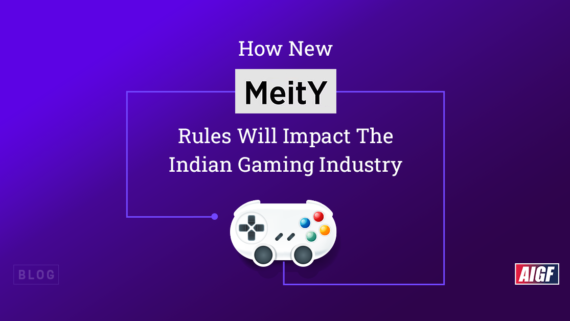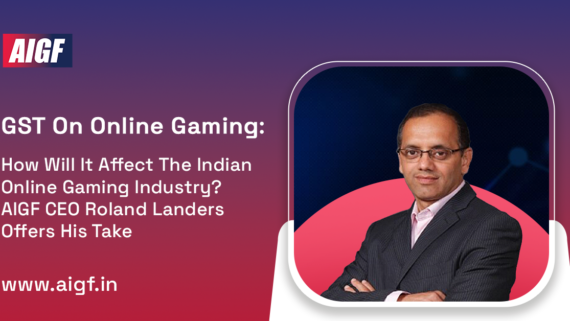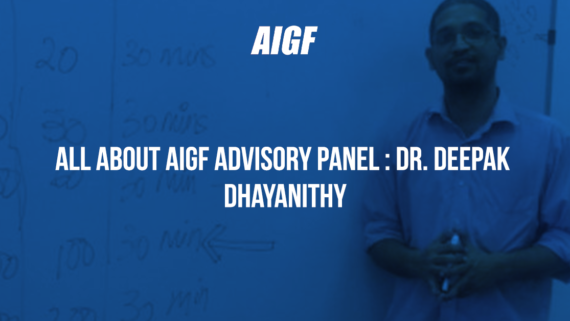Senior Advocate of Supreme Court of India Gopal Jain said, “We’ve seen across the world that markets what begun taxing the prize pool in place of GGR have needed to return to taxing only to GGR because it led to non-compliance, income breakage, and grey markets.”
Online Gaming Industry To Push For Stable Taxation Regime
A day after the Group of Ministers (GoM) entrusted by the GST Council to inspect topics associated with the GST regime overlaying online gaming, casinos, and racecourses met, the online gaming industry has made a sturdy pitch to the public authorities in opposition to raising GST rates to defend the industry from degrowth.
The online gaming industry can create revenues and employment possibilities in the coming years, and any suggestion to levy GST on 28% of the entry fee + 115 % surcharge rather than platform fee /Gross Gaming Revenue (GGR) will make the industry financially unviable.
Numerous industry specialists have approached to request the continuation of 18% GST on online gaming firmly contradicting the clubbing of the industry in the 28% section alongside racing, betting, and wagering.
Senior Advocate of Supreme Court of India Gopal Jain said, “We’ve seen across the world that markets what begun taxing the prize pool in place of GGR have needed to return to taxing only to GGR because it led to non-compliance, income breakage, and grey markets.”
He referred to the global online gaming industry tax structures in nations, for example, the USA, UK, Australia, and Germany, featuring how they levy tax on GGR at a rate between 15-20%.
Advocating the requirement for imposing a duty on GGR alone, the online gaming industry has kept up with that taxing on GGR rather than the prize pool has demonstrated to increase tax revenue in the long haul. What’s more, with worldwide learnings additionally showing something very similar, a few suggestions have been sent to the GST board, in front of the scheduled meeting, to plug revenue leakage by forestalling the movement of the industry to the grey market and discourage non-compliance with a pervasive worldwide practice.
Chief Executive Officer of IndiaTech.Org Rameesh Kailasam, said, “The blossoming capability of the online gaming industry in India should be tapped legitimately. It is important that games with the predominance of skill ought preferably to be charged at 18% on the platform fee. The GoM ought to preferably take a positive view and suggest a duration of the ongoing act of considering the platform fee/GGR as worth of supply. Since online skill-based gaming isn’t betting or wagering or gambling, an explanation should be given to determine the case and give help to the industry.”
As per a 2021 report by BCG and Sequoia on the Indian Mobile Gaming market, the Indian Online Gaming industry is supposed to significantly increase to a $5Bn market opportunity by 2025. Gaming is a $1.8Bn dawn sector in India and is still small-scale (1% worldwide), however, it is developing quickly (38% CAGR). As per the new FIFS-Deloitte report, Fantasy Sports, a particular type of online gaming, can draw in Rs. 15,000 crores of FDI in the following three years.
Experts believe that the industry will endure fundamentally assuming the ongoing tax assessment system is changed. Likewise, transactions on online gaming platforms are 100% digital and they have a huge commitment to “Digital India”. Besides, the online gaming industry is accepted to assume an essential part in taking the startup soul in the country to a higher level and further lifting India’s AVGC sector.
Indicating worries about the ongoing vagueness, S Krishnan – Advocate, practicing in Fields of Sports Law and Taxation, said, “A higher tax rate will make the industry unviable, and online gaming platforms have spoken to the public authority on various events to not treat skill-based online games same as betting while at the same time sharing a valid example on how a different and rational tax treatment of online skill-based games can help in eliminating non-compliance, leakage of revenue and grey markets.”
Experts accept that it will be a mutually beneficial situation for all stakeholders if a vulnerability in strategy making and tax assessment for skill-based online gaming are settled quickly. In doing as such, the industry will draw in expanded FDI and development, subsequently improving consumer interest and tax revenue. This, thusly, will help the public authority in the long haul and make India a predominant worldwide power in AVGC.
Credit: Sakshi Post











Comments
Comments are closed.